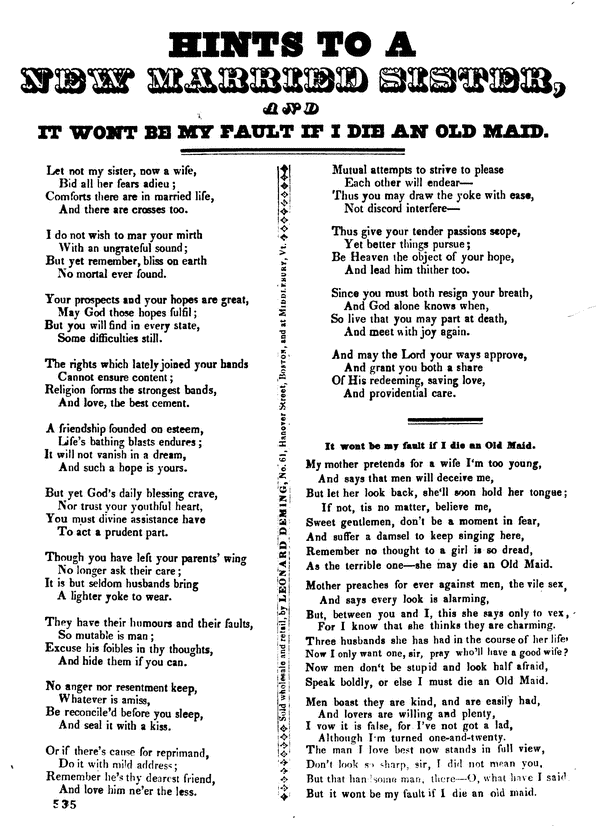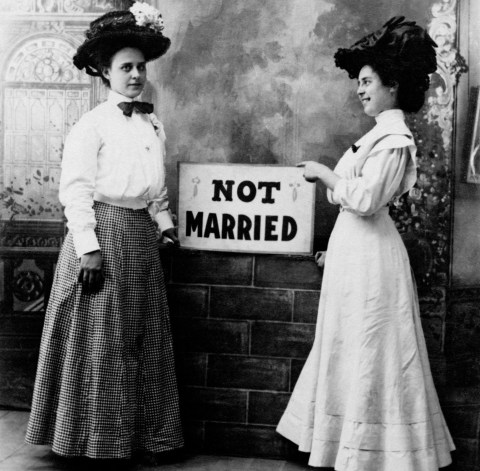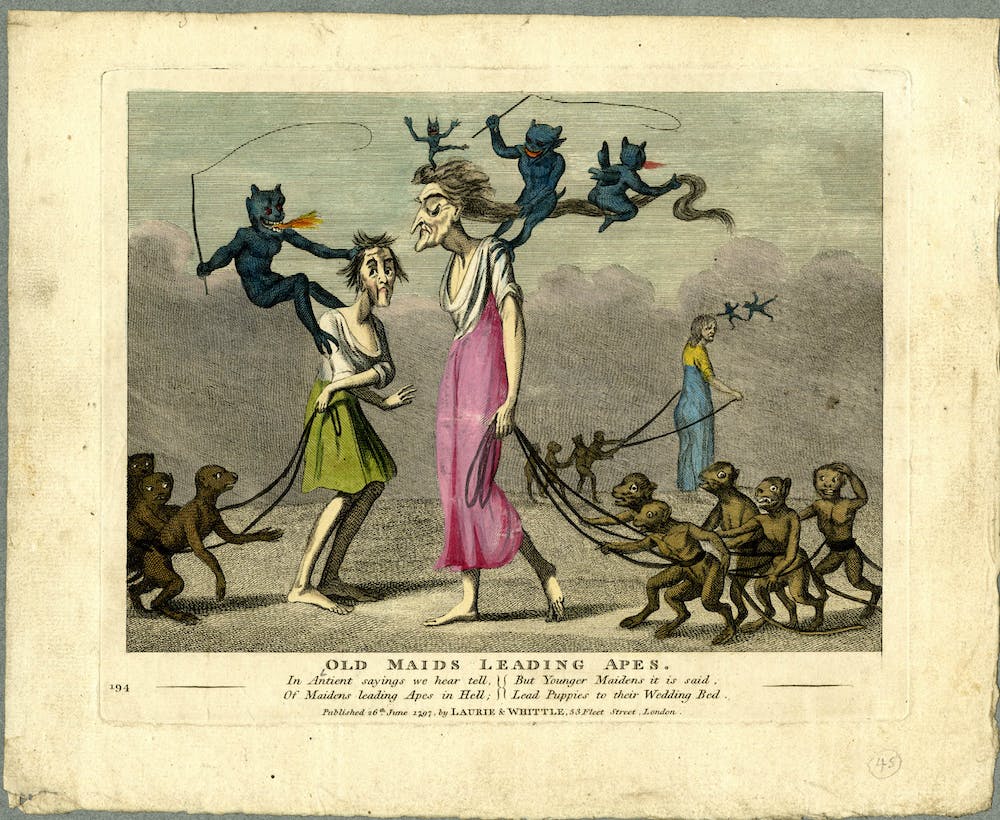Ladies and gentlemen, brace yourselves for the age-old question that has haunted single women for centuries: “At what age does a woman become an old maid?” Now, before we dive into this delightful topic, let us assure you that we are neither trying to offend nor criticize any individual or institution. Instead, we are here to tickle your funny bone with our amusing take on this timeless conundrum. So, grab a cup of tea, sit back, and get ready to indulge in some lighthearted banter about love, life, and the notorious label that awaits us innocent souls of the fairer sex.
At What Age Does A Woman Become An Old Maid?

This image is property of upload.wikimedia.org.
Old Maid: Definition and Origin
An “old maid” is a term traditionally used to refer to an unmarried woman who is considered beyond a typical marriageable age. The term originated in the 17th century, reflecting the societal expectation that women should marry and have children at a young age. However, in today’s modern and progressive society, the definition and connotations of the term have evolved significantly.
Societal Views on Old Maids
Throughout history, society has often placed a disproportionate emphasis on a woman’s marital status as a measure of her worth or success. This societal pressure has created a negative perception of unmarried women, often labeling them as “old maids” once they reach a certain age. While this view may have been prevalent in the past, it is important to acknowledge that times have changed and women have more autonomy in choosing their own paths.
Factors Influencing the Perception of Old Maid
Various factors contribute to the perception of an “old maid.” These can include cultural norms, religious beliefs, and societal expectations. Women in more conservative societies may face stronger pressure to marry at a younger age, leading to a quicker labeling as an old maid if they remain unmarried. Additionally, personal choices, career aspirations, or a desire to focus on self-growth rather than marriage can also influence the perception of being an old maid.
Psychological Impact of Being Labeled an Old Maid
Being labeled as an “old maid” can have psychological implications for women. Society’s expectations and prejudices can put undue pressure on women, leading to feelings of inadequacy, self-doubt, and isolation. The fear of judgment and societal stigma can often result in women feeling the need to conform to social norms, even if it goes against their own desires or aspirations. It is crucial to challenge these stereotypes and promote acceptance of diverse paths of life for women.

This image is property of storage.googleapis.com.
Age and Marriage: Historical Perspective
Historically, societal expectations dictated that women should marry at a young age, often in their late teens or early twenties. This was primarily due to cultural and economic factors, where marriage was seen as providing financial security and stability. Additionally, women’s roles were often limited to being wives and mothers, further reinforcing the pressure to marry early.
Shifting Attitudes Towards Marriage Age
In recent decades, attitudes towards marriage age have significantly shifted. As societies have become more progressive and women’s rights have advanced, the pressure to marry early has lessened. Women now have more opportunities for education, career development, and personal growth before considering marriage. The focus has shifted from a particular age to finding a compatible partner and creating a fulfilling and equal partnership.

This image is property of upload.wikimedia.org.
Modern Perspectives on Old Maids
In today’s world, the term “old maid” holds less significance and has become more obsolete. With increasing acceptance of diverse lifestyles and relationship choices, women are no longer defined solely by their marital status. Society recognizes that women have the freedom to prioritize their own happiness, whether that includes marriage or not. The concept of an “old maid” is now seen as outdated, and emphasis is placed on individual growth and fulfillment instead.
The Impact of Culture and Region on Old Maid Stereotypes
It is important to acknowledge that cultural and regional differences significantly impact the perception of “old maid” stereotypes. In some cultures, women are expected to marry at a young age as a societal obligation, and those who do not conform to this expectation may face harsh judgments. However, in more progressive regions, where gender equality and individual autonomy are valued, the concept of an “old maid” holds little to no relevance.

This image is property of metro.co.uk.
Reclaiming the Term: Redefining Old Maid
In recent years, there has been a movement to reclaim and redefine the term “old maid.” Instead of associating it with negative connotations, it can be seen as a symbol of strength, independence, and self-determination. Women are embracing singlehood, celebrating their individuality, and choosing to live life on their own terms. The term is being reframed to represent women who are confident, content, and actively shaping their own destinies.
Conclusion
The age at which a woman becomes an “old maid” is subjective and varies across different cultures and societies. However, in today’s modern era, the term itself has lost its significance and has been replaced with more inclusive and empowering perspectives. Women are now free to choose their own paths in life, whether it involves marriage or not. It is crucial to challenge stereotypes and celebrate the diversity of choices and lifestyles that women can pursue. The future is one where women are not defined by labels, but by their individuality, strength, and determination to create fulfilling lives on their own terms.

This image is property of images.theconversation.com.

